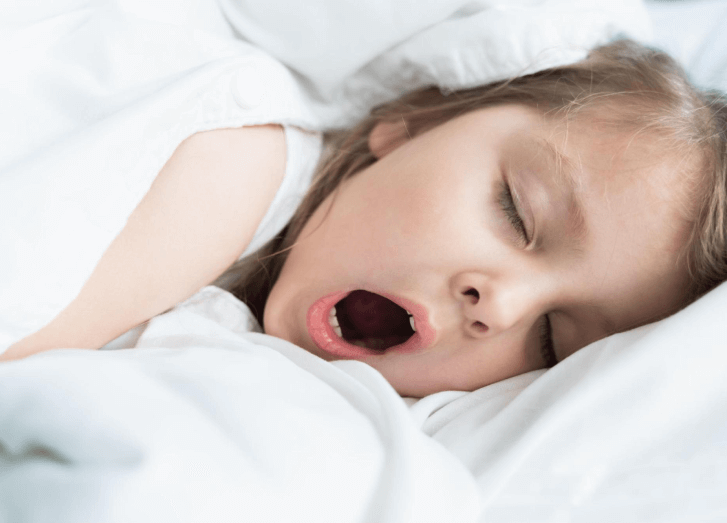Is Your Child Snoring or Experiencing Speech Problems? He or She May Have Orthodontic issues.
Snoring & Speech Problems in Children
If your child is experiencing snoring or speech difficulties, it may be due to one or more underlying orthodontic problems. Childhood sleep apnea can have serious effects on a child’s health and can lead to behavioural and academic difficulties. Speech issues can range from slurred or whistling speech to difficulty with certain sounds. In this post, we will delve deeper into these issues and suggest when it may be appropriate for your child to see an orthodontist for evaluation and treatment.
Snoring Problems in Children
While snoring is not very common in young children (affecting about 1 in 10 kids), it can be a sign of a serious issue. While snoring can sometimes be a temporary symptom of a cold or allergies, chronic snoring is often a sign of a sleep disorder or airway problem. A small percentage of children who snore may be diagnosed with obstructive sleep apnea (OSA), a condition in which the airway becomes partially or completely blocked during sleep. OSA can become serious or even life-threatening if left untreated, so it is important to detect, diagnose, and treat the condition. Symptoms of childhood sleep apnea may include low energy, difficulty concentrating, behavioural issues, gasping or choking for air while asleep, and bedwetting. Even if a child does not have OSA, sleep-disordered breathing (which includes loud or frequent snoring and OSA) can cause a variety of symptoms. In people with sleep-disordered breathing, the muscles supporting the tongue and airways relax, causing the tongue to fall into the throat and restricting the flow of oxygen. This can also lead to interruptions in breathing during sleep. Dental conditions and orthodontic problems such as abnormal or insufficient jaw or tongue development, crooked teeth, or improper tongue placement in the jaw may contribute to sleep-disordered breathing and sleep apnea.
Speech Problems in Children
As a parent, you may not often consider the impact of jaw development on your child’s speech and overall health. However, the way your child’s teeth come in and their jaw grows can either facilitate or hinder their ability to speak and express themselves. Speech problems in children, such as whistling, slurring, mispronouncing certain consonant sounds, or lisping, may be caused by issues with the spacing and positioning of their teeth. Fortunately, these issues can often be corrected with orthodontic treatment.
When should my child see an orthodontist?
It is recommended that children visit an orthodontist for an initial assessment by age 7. While orthodontic treatment alone may not completely eliminate speech problems in children, early intervention can have a significant impact on the trajectory and outcomes of treatment. This is especially true when treatment is started while a child’s jaws and teeth are still developing.
How can orthodontic treatment help?
Every patient we treat at Alliston Orthodontics & Oral Surgery is unique, and we strive to provide personalized treatment. With early intervention, we take steps to promote healthy development, improve the alignment and placement of teeth, and help young patients develop proper speaking skills. We use a two-phase approach to orthodontic treatment, which may involve palatal expansion, braces, or Invisalign during the early intervention phase to correct tooth alignment or jaw position. If your child has snoring or speech issues, we recommend scheduling an initial orthodontic assessment. We are here to answer any questions or concerns you may have and guide you through the treatment process.
If you are concerned about your child’s snoring or speech problems, we encourage you to contact Alliston Orthodontics & Oral Surgery to schedule an appointment for an initial assessment. We are here to help address your concerns and provide the necessary treatment to help your child’s development.

